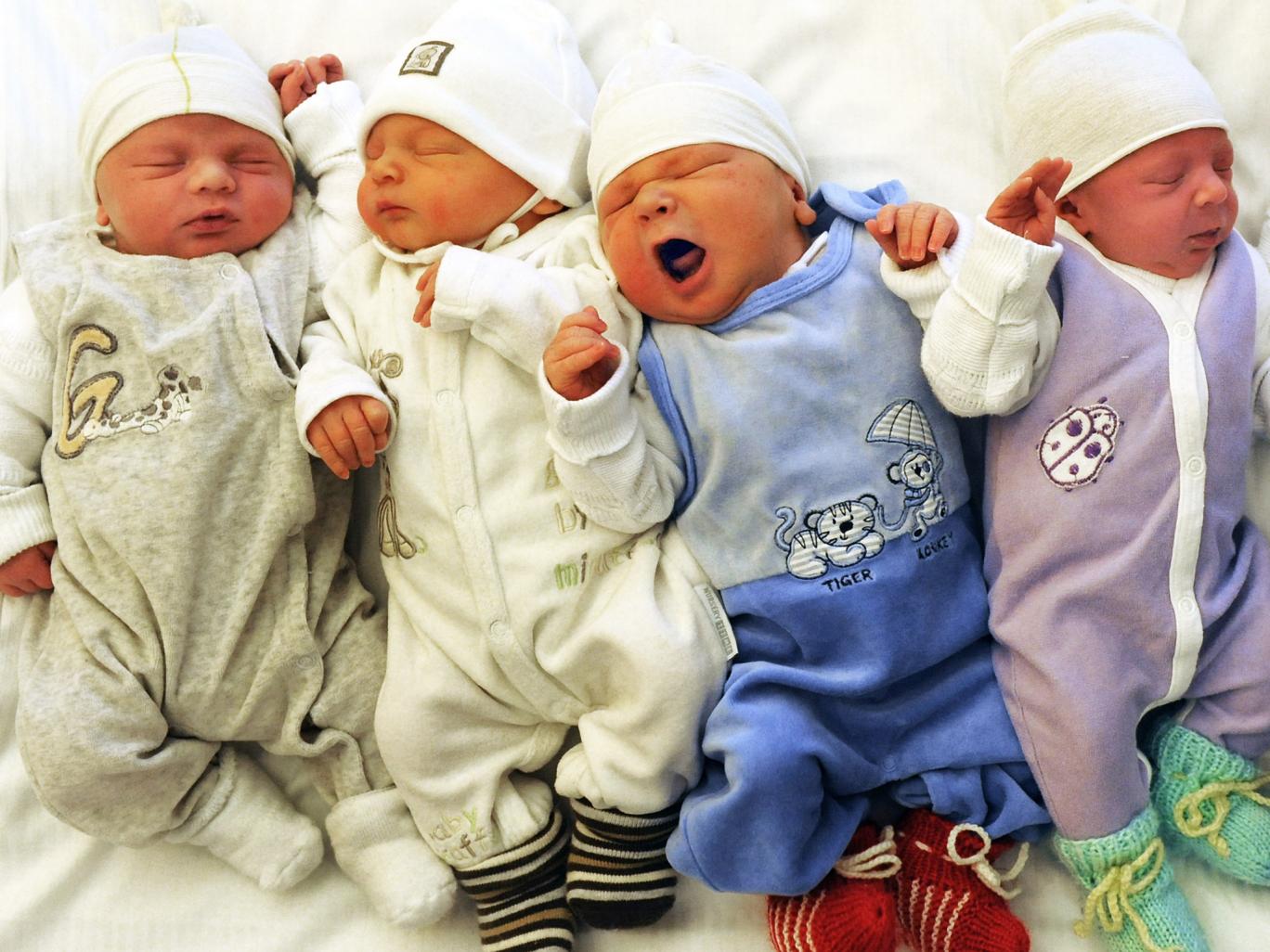Same-sex couples could both be biological parents to their babies with new genetic technique, scientists say
The new technique - called in vitro gametogenesis - could be able to convert stem cells from parents into sex cells regardless of the parent's gender

Your support helps us to tell the story
From reproductive rights to climate change to Big Tech, The Independent is on the ground when the story is developing. Whether it's investigating the financials of Elon Musk's pro-Trump PAC or producing our latest documentary, 'The A Word', which shines a light on the American women fighting for reproductive rights, we know how important it is to parse out the facts from the messaging.
At such a critical moment in US history, we need reporters on the ground. Your donation allows us to keep sending journalists to speak to both sides of the story.
The Independent is trusted by Americans across the entire political spectrum. And unlike many other quality news outlets, we choose not to lock Americans out of our reporting and analysis with paywalls. We believe quality journalism should be available to everyone, paid for by those who can afford it.
Your support makes all the difference.Same-sex couples may one day be able to have children who are genetically related to both of them, scientists believe.
A new fertilisation technique is currently being developed using stem cells to create gametes (sex cells).
The technique - which is yet to be tried on humans - means an egg could potentially be created from a man’s cells and a sperm cell could be created from a woman’s.
The research by geneticists at George Washington University in the US - published in the Journal of Law and Biosciences - could also include “multiplex parenting” where children have more than two parents or just one biological parent.
Dr Sonia Suter from George Washington University said the technique - called in vitro gametogenesis - could be preferable to other fertility treatments in some circumstances but could be “substantially more problematic” when it came single parent babies.
She told Gay Star News: “We have minimal knowledge about the implications.
“The only way to demonstrate the effectiveness and safety of these techniques in humans is to use in vitro gametes (sex cells) to try to produce viable offspring in controlled settings – when and if we deem it sufficiently safe to do so.”
Dr George Ndkwe, the medical director of top London fertility clinic Zita West, said the technique was “wonderful science” but could change the whole notion of parenthood in the future.
He told the Huffington Post: “There are possible uses of it, which in my opinion can be useful. “For instance, for somebody who has no sperm at all or a woman who has no egg, if you can use any of their cells to create sperm or eggs then they can have treatment, so to use it in that way specifically for treatment, in my opinion may have some benefits.
“It would completely challenge our notion of parenthood with very complex legal implications. That’s where it gets very scary.”
Join our commenting forum
Join thought-provoking conversations, follow other Independent readers and see their replies
Comments